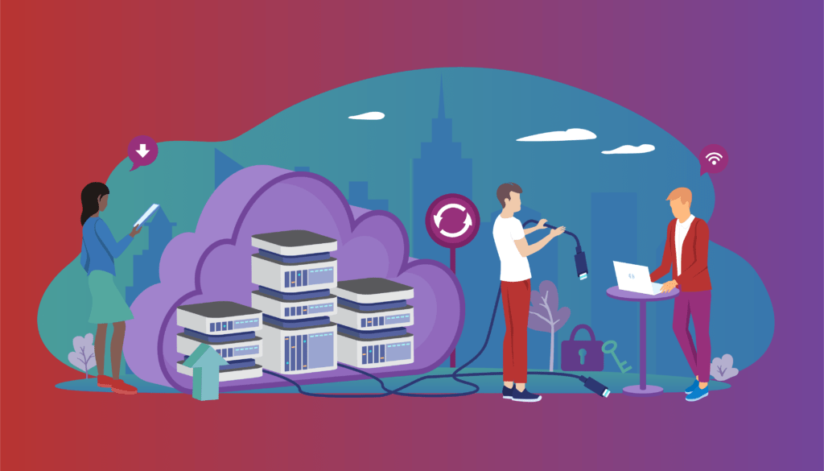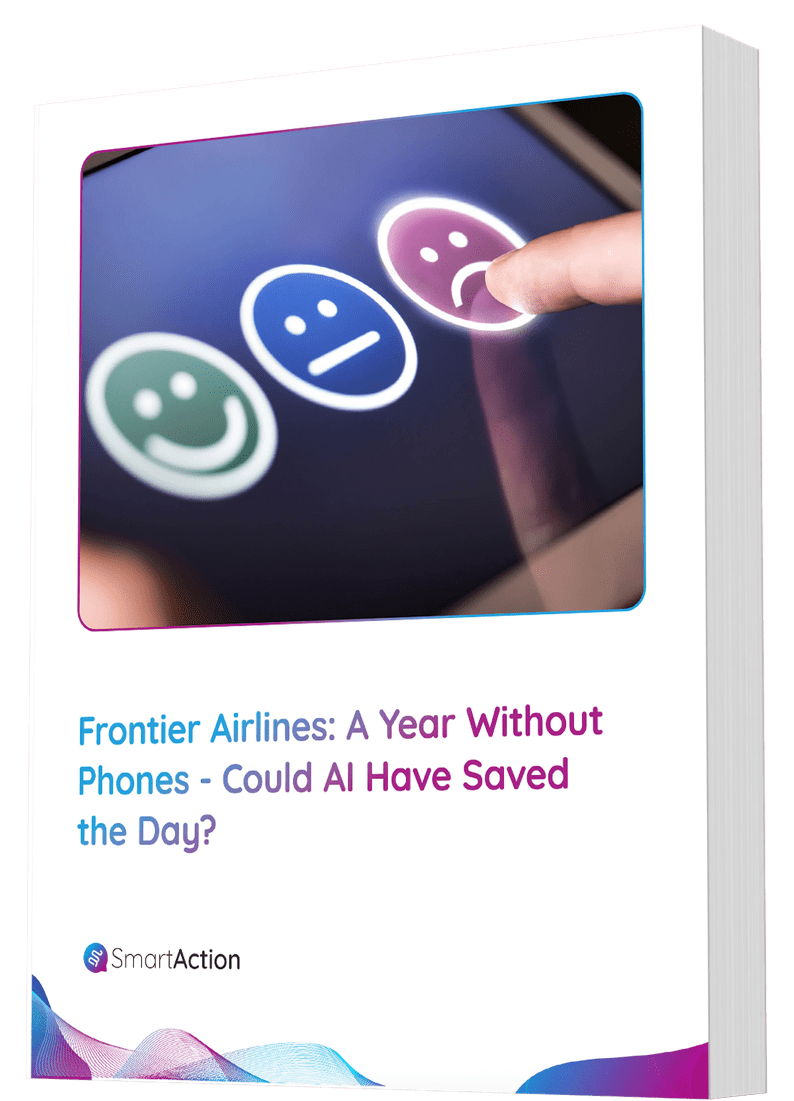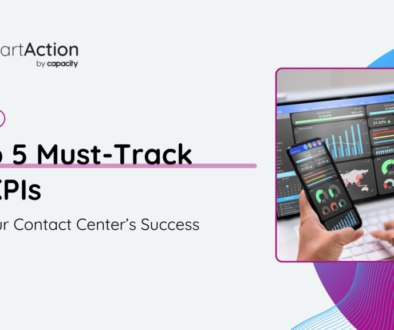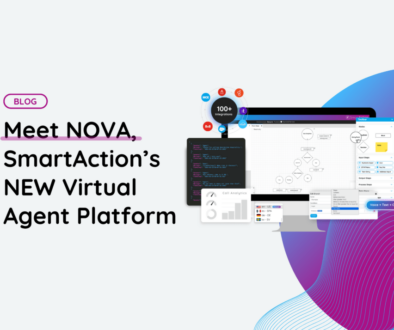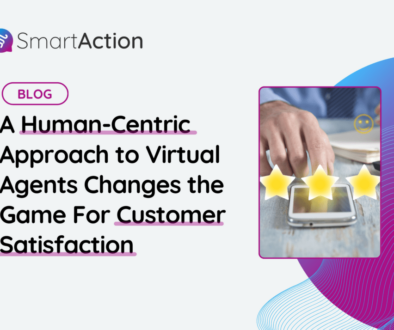Software as a Service vs. Managed Software as a Service
Software as a Service and Managed Software as a Service have their similarities, and that likeness is evident in their names. Yet the difference isn’t as simple as the additional word of “managed.” Their distinctions go beyond that and change the true meaning of each service.
What is Software as a Service (SaaS)?
Software as a Service (SaaS) is a term many of us have heard. It means the software is provided to customers through cloud-based delivery and licensed based on a subscription model. The software licensing and delivery model has come a long way from its roots in centralized hosting, dating back to the 1960s.
Within the SaaS model, there are two types of SaaS. Vertical SaaS is a software as a service focused on a specific industry. Horizontal SaaS is a software as a service that targets a variety of industries and, thus, a broader audience and customer base.
Examples of horizontal SaaS include HubSpot, a popular suite of software products for customer service, sales, and inbound marketing; Salesforce, which provides CRM and applications for app development, marketing automation, and customer service. Microsoft Office 365 is also SaaS as it houses traditional Microsoft Office products along with Skype, SharePoint, and more.
What are the limitations of SaaS?
While SaaS gives access to many products that make running, managing, and operating a business easier, users feel the pains of the limitations from the hands-off approach. Customization is extremely limited, and adding functionality beyond what is deployed is impossible. When it comes to configuring and managing the software, you are very much on your own.
What is Managed Software as a Service (MSaaS)?
Then there’s Managed Software as a Service (MSaaS). It’s the same in terms of software provided through the cloud, licensed through a subscription service, but differs immensely in support, functionality, capabilities, and customization. It’s not to be confused with Managed Service Providers (outsourcing IT services). They don’t build or provide the software; they help businesses manage the software and offer technical support to the users.
MSaaS provides the software and support. Businesses can fully customize the software based on their needs and wants. They also have the support of a team of experts to help them with everything from configuration to ongoing management, optimization, and fine-tuning of the software.
SmartAction is an example of a horizontal MSaaS. Intelligent virtual agents are software that includes artificial intelligence (AI) and machine learning (ML) with natural language processing (NLP). They handle interactions for call centers, doctor’s offices, automotive dealerships, hotels, retail, service providers, and more.
The access point is different than what you traditionally think for software—opening an application on your computer. You provide a conversational AI application through channels like voice, chat, and SMS. Therefore, the point of access is a conversation on one of these channels.
What are the advantages of MSaaS?
The advantages of MSaaS make up for all the limitations of SaaS. You can truly customize each piece of the software and add functionality as you grow. Scalability is simple.
For example, with SmartAction, you can deploy virtual agents as demand for representatives grows with call volume increase. Integrating CRMs, ERPs, contact centers, and other business applications is simple through APIs.
The Takeaway
SaaS and MSaaS aren’t the same things.
SaaS provides software as a service to a business, but there are no experts ready to help configure or support the software for you. You must use the knowledge base available, whether it’s a help center with articles or videos or a third-party business that costs additional money. SaaS also is limited when it comes to expanding functionality based on your business needs. You can only suggest the needed functionality and hope that businesses need the same capabilities to create a cause for the developers to add it.
With MSaaS like SmartAction, configuration and support are of no extra cost. Experts are ready and willing to help customize the software to your needs and add functionality as needed. You get the software as a service and the support necessary to ensure the application works for your business at every turn, even as your needs evolve and expand.
See a Demo
Experience the best in conversational AI software and services.

